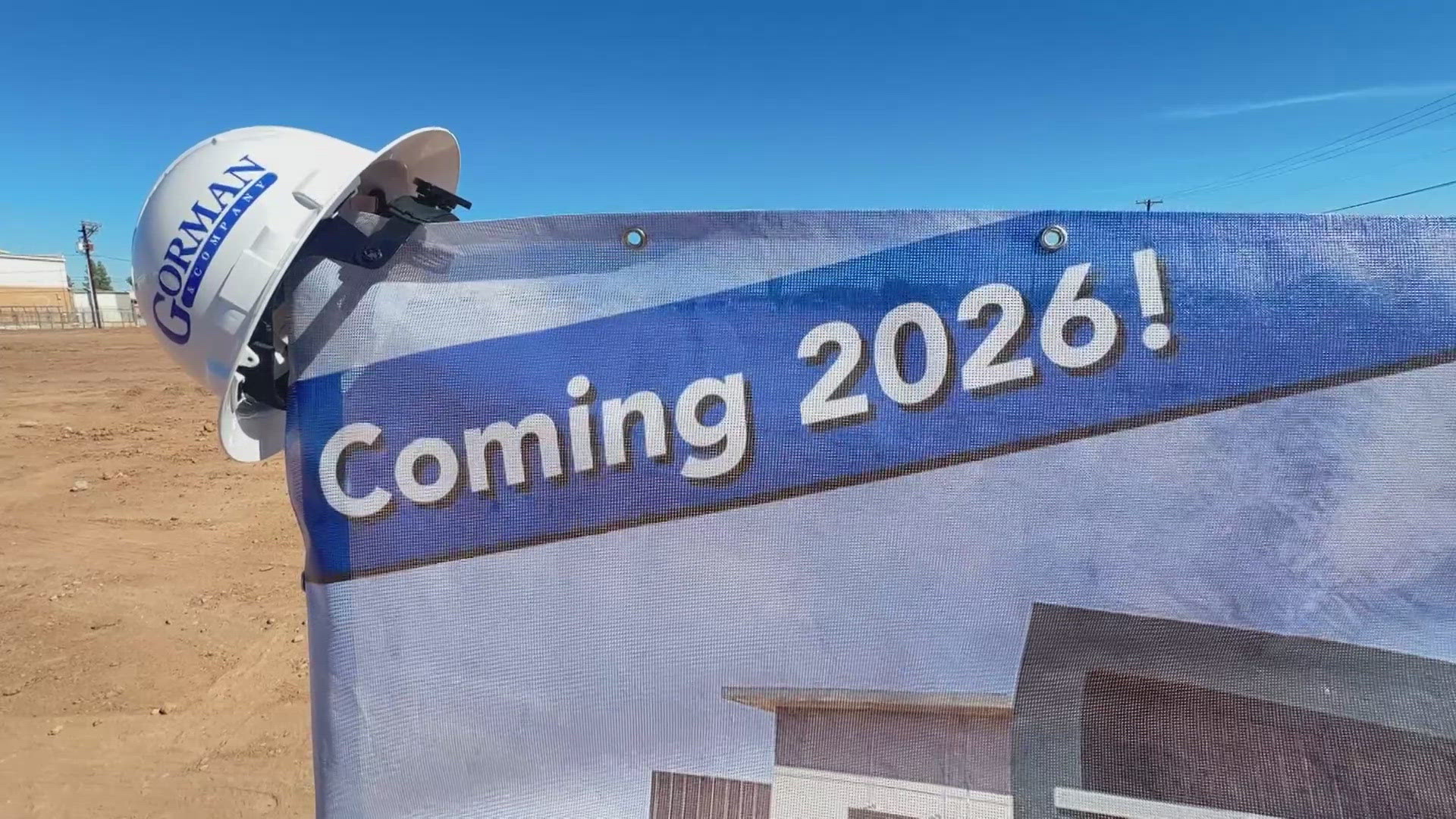Liens with respect to real estate are claims against your home for unpaid debt. Your mortgage is generally considered a form of a lien, as are second mortgages, home equity lines of credit and home equity loans.
The lender has collateral in the form of your house as protection against your potential default on the loan.
In addition to basic mortgage liens, there are other types of liens that may be placed on your home. Here are some examples.
Tax Liens – These could be through the Federal government for non-payment of income taxes, or they may be applied by local authorities for non-payment of property taxes.
Property tax liens have priority over any other liens that may exist on the property. Should you fail to pay the taxes, there are several potential outcomes depending on your state and local laws and to whom the debt is owed.
The government may be able to order your property sold to pay off the debt, which is more likely in the case of larger debts and/or debts to the IRS. For property tax disputes, it is not uncommon for the lender to pay the taxes and add that amount to your total mortgage debt.
Judgment Liens – A creditor that sues you and wins the court case will be allowed to put a judgment lien on your property.
Mechanic's Liens – Homebuilders, contractors, and other vendors who were never paid for their services may place mechanic's liens against your property. They may even be placed by subcontractors who were not paid by the contractor, even though you paid them in full.
Homeowner Association Fees – Most homeowner associations have the means to place liens on property for non-payment of dues.
Child Support Liens – Failure to pay state-mandated child support can result in placement of a lien on your property.
For a traditional home sale with no liens other than the traditional first mortgage lien, it is fairly straightforward – the proceeds of the sale are used to pay off the remaining lien from the original mortgage, and the sale continues. Other liens can prevent the sale of your home, reduce the proceeds – or worse, force an involuntary sale of your home to pay off the lien.
Liens are attached to the property, not the property owner. Thus, liens need to be cleared before you can establish a clear title and sell the property, or you will have to make concessions to the buyer who will be stuck paying off the liens. For the same reason, you have to be careful in buying foreclosed properties because some types of liens survive foreclosure (such as unpaid property taxes).
Some liens expire after a set period of time, but the creditor may choose to re-file the lien to extend the time.
When you pay off a lien, the lien holder will give you a Certificate of Release. This has to be filed with the appropriate agency (typically the IRS for federal liens and your state's Office of the Secretary of State for other liens). Once the Certificate is filed, the lien is released and the title is cleared of that specific lien.
How you deal with liens (and to some extent, when) depends on the type of lien, the merits of the claim against you, the risk that your home may be foreclosed on to pay the debt, and the applicable laws in your area. Generally, you need to pay any valid liens and fight any invalid liens in the legal system as soon as possible. In some cases, you may be able to negotiate a payment schedule with a lien holder to free up the title.
Liens are not necessarily straightforward, and it is wise to seek legal assistance if you are unsure about how to deal with any particular lien.
In short, a standard mortgage lien is fine and normal; non-mortgage liens are not and should be paid or dealt with as soon as possible. Otherwise, you run the risk of a blocked home sale, reduced proceeds from that sale, or potential foreclosure.
This article was provided by our partners at moneytips.com.
See more from MoneyTips:


